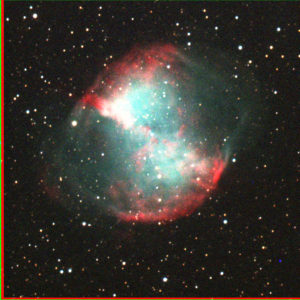Advanced Materials
UoG BDU MoST AAU AASTU ARSIUN DBU DTU WU ESSTI
Ethiopian Scientific and Academic Network
A network of Ethiopian Educators without Borders
Contact: Dr. Abebe Kebede by email:abkebede@gmail.com
EEWB2018- Advanced Materials
Host Institutions: Arsi University/ MoST/AAU/AASTU/Debre Birhan University/ Bahir Dar University/ University of Gondar/ Debre Tabor University/Woldia University
I. Advanced Methods in Materials/Technological Research for Health Applications- : Research and Development Mulugeta Alemseghed President of Frtl Creative Labs)
Advancements in Polymeric material Science have afforded us many possibilities for groundbreaking product development and research particularly in the preventative healthcare sector. The transition from development to product must be considered with the utmost attention to sustainability and focus to health and happiness. At the At the heart of all scientific research is both valuable information and the potential to improve quality of life. In this discussion we will outline some recent developments in material science, technology and the applied benefits of creating new ways to improve the health of humanity in a sustainable way. This discuss will outline some innovative methods in investigation, design and implementation
II. Design for Zero Waste in Materials Science/Industry: [How Can We Invest in] Initiatives to Design for Zero Waste?- Environmental Engineering/Sustainability (Nicole Chardoul, RRS)
As the use of packaging and disposable products continue to grow, managing these waste streams and developing methods to recover and recycle our resources becomes more important. “There is no waste in nature” is a simple way to describe the reuse and recycling Circular Economy around a common goal of sustainability. Through the collective action of local champions and proactive Public/Private initiatives, we can plan and implement materials management and zero waste solutions that can prevent further pollution of our environment, improve public safety, generate jobs, design infrastructure for the reprocessing and recycling industry and develop end market opportunities. This session will explore initiatives that can bring together these partners in the value chain with a single shared purpose of sustainability and zero waste.
III. Computational Materials Discovery of 2D materials for Energy Application (Dr. Tekalign T. Debela-, Jeonju University, Republic of Korea)
Tekalign Terfa Debela is a Research Professor at the Institute for Application of Advanced Materials, Jeonju University, Republic of Korea. He received his Ph.D. in Materials Science and Engineering from Zhejiang University in December, 2014. He then moved to Northwestern polytechnical university as a postdoctoral researcher, and partly worked at Moscow Institute of Physics (MIPT). In 2017, He was awarded the Korea Research Fellowship program of the National research foundation of Korea. His research is focused on first principles calculations for energy application of layered materials including secondary batteries, electrochemical water splitting, etc.
Without new materials there would be no new technologies. Recently, the crystal structure prediction algorithms combined with DFT calculations are speeding up the discovery of new materials with superior and desirable properties. In this talk, I will introduce the crystal structure prediction technique, and how it can lead to discovering of new materials with ‘forbidden’ chemistry. In addition, our recent works on two-dimensional WS2@Nitrogen-Doped Graphite for High-Performance Lithium Ion Batteries (Experiments and Molecular Dynamics Simulations), Phase polymorphism and electronic structures of TeSe2 will be discussed.
References
1. Debela et al, ACS Applied Materials & Interfaces 2018 10 (44), 37928-37936.
2. Debela et al J. Mater. Chem. C, 2018,6, 10218-10225.
